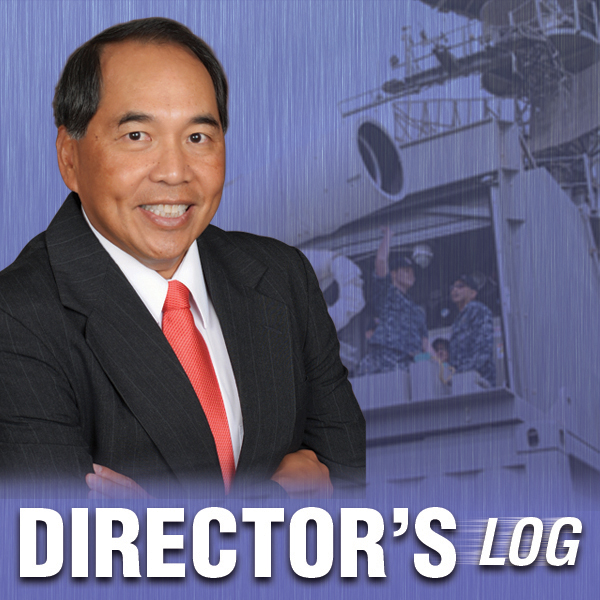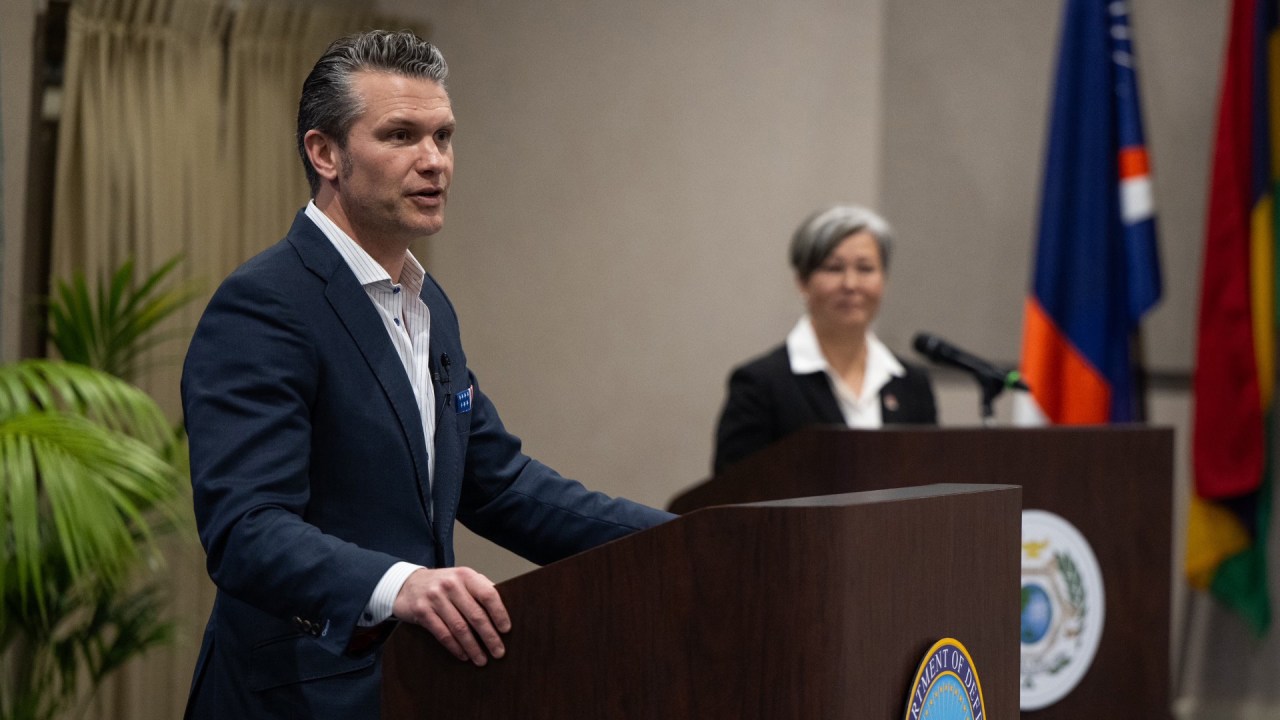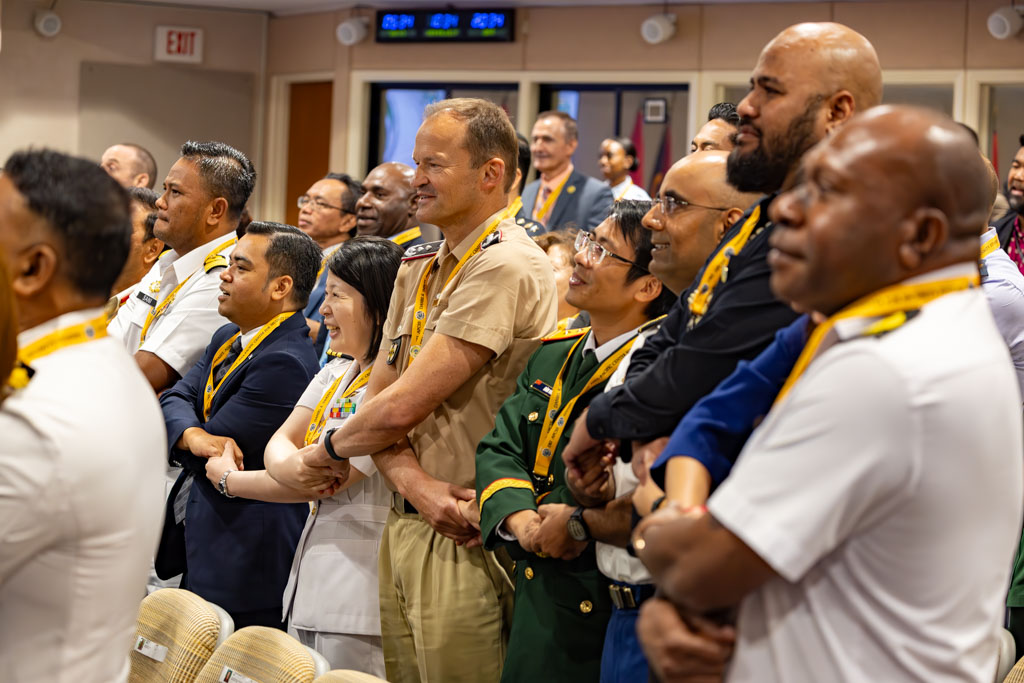Aloha and welcome to my first Director’s message. Maj. Gen. James Hartsell and I turned over the first week of February and since then it’s been a whirlwind of activities and information. My initial time as the Director has been focused primarily on the “How, What, and Why” of our Center and understanding the needs of our primary stakeholders. In this journey, I have had the opportunity to interact with the men and women that execute the What and How but most importantly generate the synergy to produce actionable outcomes. I’ve gotten to know and appreciate the tremendous work that this team does on a daily basis. Amazing! These professionals are considered exemplars of good governance because of the way they approach the wide range of tasks necessary to accomplish our capacity building mission. I am proud and humbled to be part of this team.
Yes, I’m the new director but the Center and the core of what we do here remains the same. We work with security practitioners, our primary customers, to educate, connect, and empower them. We give them opportunities to share and speak with great candor in a non-attribution environment. Transparency, Mutual Respect, and Collaboration are our standing principles. The effect I see at the end of the courses and workshops I have witnessed have been truly transformational! I see security practitioners start the building blocks for enduring relationships, a portal to better understand and ultimately fostering of trust. The true value is reflected in the outcomes of this experience and what the Fellows do with it in applying the variety of tools that they can use to help build or sustain stable and secure environments which hopefully lead to prosperity for their people.
Since I’ve been here we’ve graduated two courses: the Comprehensive Crisis Management Course (CCM18-1) and most recently the Advanced Security Cooperation (ASC18-1) course. I’ve also been able to attend two workshops as well. The “Countering Violent Extremism in Southeast Asia: Recent Lessons and Urgent Priorities” workshop was part of a continuing discussion of how ASEAN countries can share lessons learned and support each other to counter violent extremism. Our “US Strategy in the Indo-Pacific” workshop was the result of a recent request by the Office of the Secretary of Defense for Policy to help sponsor the workshop at DKI APCSS to bring key leader from the region together to discuss proposed U.S. Indo-Pacific strategies. This 2 ½ day workshop focused on a Free and Open Indo-Pacific Strategy. We’ve done all this in close coordination with OSD’s Asian & Pacific Security Affairs (APSA) – particularly with the guidance and assistance from APSA leadership: Assistant Secretary of Defense (ASD) Randy Shriver and Principle Deputy Assistant Secretary of Defense (PDASD) Dave Helvey.
While we’ve had a change here at the Center there are also other changes happening here in Hawaii. I’d like to take this opportunity to thank Admiral Harry B. Harris, Jr., Commander of U.S. Pacific Command (PACOM); Admiral Scott H. Swift, Commander of U.S. Pacific Fleet (PACFLT); and General Terrence J. O’Shaughnessy, Commander of U.S. Air Forces Pacific (PACAF) for all their support of the Center during their time here. PACOM is our mission partner so the dialogue and synergy was essential. All three leaders understood the opportunities the Center provided and even made the time to interact with the Fellows during our formal courses. We wish them Fair Winds and Following Seas.
I’d also like to welcome our incoming PACOM Commander, Admiral Philip S. Davidson. He brings a wealth of experience and talent to the region and we look forward to supporting him as our mission partner.
I will continue to post updates on the Center’s activities. If you are a government security practitioner and/or very interested in the Indo-Pacific region, coming to DKI APCSS is highly encouraged. Each nation in the region is provided billets via our U.S. Embassies. We look forward to connecting with those who are focused in ensuring peace and stability in the region
Mahalo









Leave A Comment